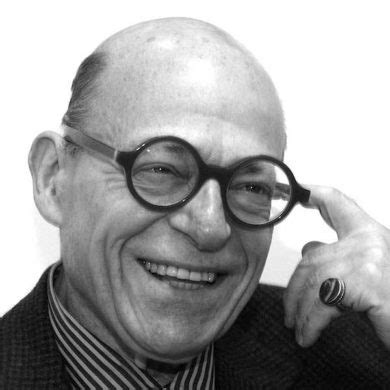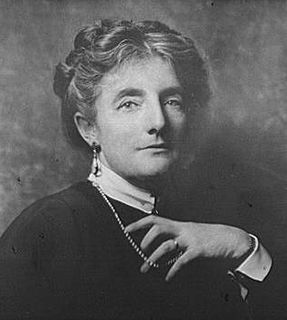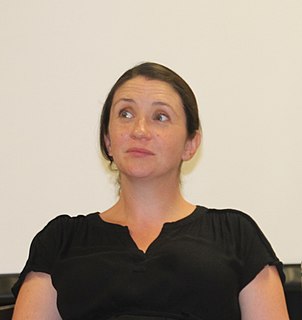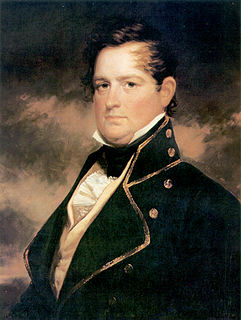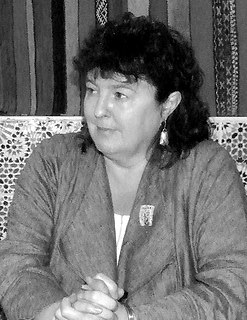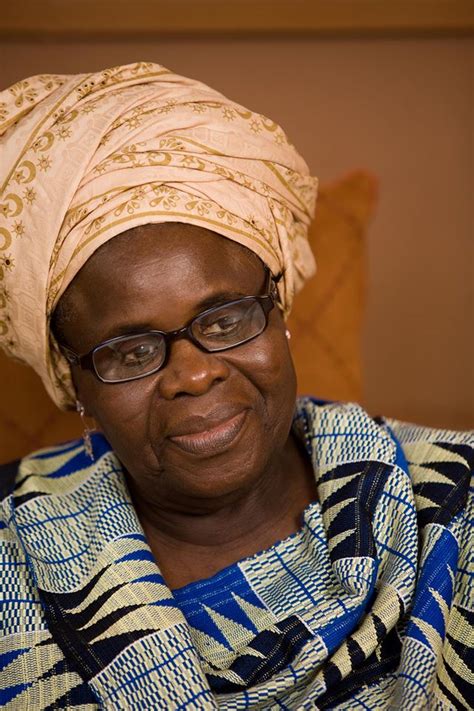Top 27 Auden Quotes & Sayings
Explore popular Auden quotes.
Last updated on April 14, 2025.
There are some good things and some fantastic ones in Auden's early attitude; if the reader calls it a muddle I shall acquiesce, with the remark that the later position might be considered a more rarefied muddle. But poets rather specialize in muddles and I have no doubt which of the muddles was better for Auden's poetry: one was fertile and usable, the other decidedly is not. Auden sometimes seems to be saying with Henry Clay, "I had rather be right than poetry"; but I am not sure, then, that he is either.
?W. H. Auden once suggested that to understand your own country you need to have lived in at least two others. One can say something similar for periods of time: to understand your own century you need to have come to terms with at least two others. The key to learning something about the past might be a ruin or an archive but the means whereby we may understand it is--and always will be--ourselves.
When things are going well, you do have the sense that what you’re writing is being fed to you in some way. Auden compared writing a poem to cleaning an old piece of slate until the letters appear. The only way you could reveal your god is perhaps under hypnosis. It’s sacred and it’s secret, even to the writer.
Auden, who asked two things of an imagined world-that it be somehow like ours and somehow unlike-would be Ben Marcus's ideal reader, yet even without the poet's dire program, I am altogether taken by this hilarious and sexy alternative universe. Just imagine! it is all done with words instead of mirrors, so much more reliable and so much more heartbreaking. Thus Prospero enthralls his crew.
The fact is, there is no foundation, no secure ground, upon which people may stand today if it isn’t the family. If you don’t have the support and love and caring and concern that you get from a family, you don’t have much at all. Love is so supremely important. As our great poet Auden said, ‘Love each other or perish’.
We shortchange ourselves by regarding religious faith as a matter of intellectual assent. This is a modern aberration; the traditional Christian view is far more holistic, regarding faith as a whole-body experience. Sometimes it is, as W.H. Auden described it, 'a matter of choosing what is difficult all one's days as if it were easy.
The lyric abstrusities of Auden ring mystically down the circular canals of my ear and it begins to look like snow. The good gray conservative obliterating snow. Smoothing (in one white lacy euphemism after another) out all the black bleak angular unangelic nauseous ugliness of the blasted sterile world: dry buds, shrunken stone houses, dead vertical moving people all all all go under the great white beguiling wave. And come out transformed. Lose yourself in a numb dumb snow-daubed lattice of crystal and come out pure with the white virginal veneer you never had.
Music is storming, driving, relentless, devotional, slinky, subtle, heartbreakingly-beautiful sounds that, lyrically, switch from the cynical to the sanguine, the defeated to the defiant, dealing in love, war, beauty, children, romance, rejection, Pethedine, poetry, panties, God, Auden, Johnny Cash, cold potatoes, too-much-money, not enough money, writer’s block, flowers, animals and more flowers. But maybe I’m projecting here.
Books should confuse. Literature abhors the typical. Literature flows to the particular, the mundane, the greasiness of paper, the taste of warm beer, the smell of onion or quince. Auden has a line: "Ports have names they call the sea." Just so will literature describe life familiarly, regionally, in terms life is accustomed to use -- high or low matters not. Literature cannot by this impulse betray the grandeur of its subject -- there is only one subject: What it feels like to be alive. Nothing is irrelevant. Nothing is typical.










